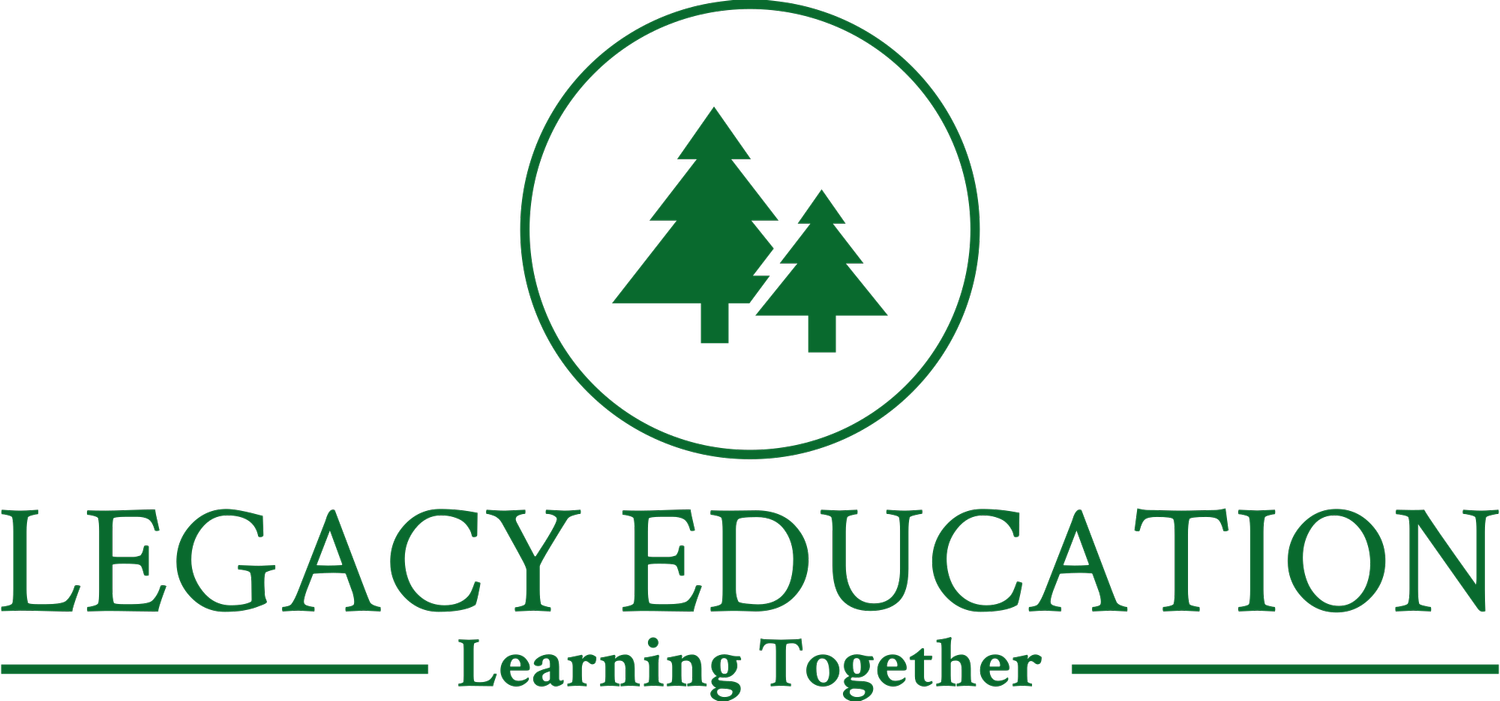Why “The Science of Reading” Misses the Mark
The phrase "science of reading" is often used as if it's a new discovery—a groundbreaking revelation that finally answers the question of how children learn to read. But let's be honest: we've known for decades (if not longer) how humans develop literacy skills.
By framing it as “THE science”, there's an underlying implication that teachers, parents, and communities aren’t smart enough to understand how children learn to read. This not only dismisses the wealth of knowledge educators have held for years but also disregards the real challenges at the heart of literacy education. While it’s true that many were fooled by the superstitious and ill-informed “Readers / Writers Workshop” series and Fountas & Pinnell Curriculum, educators now likely feel a sense of shame and are still likely looking for the next “fad”. They’ve found it with “THE SCIENCE…”, a phrase made popular by the infamous Anthony Fauci when he declared himself so.
The truth is, we don't need more jargon or catchy phrases to tell us how kids learn to read. We need trust, support, and collaboration among parents, teachers, and researchers who’ve been committed to literacy for generations.
If we really want to improve reading outcomes, let’s stop acting like we’ve just uncovered some long-lost secret and begin respecting the insights and expertise already embedded in the research - and in the hearts and minds of educators everywhere.

